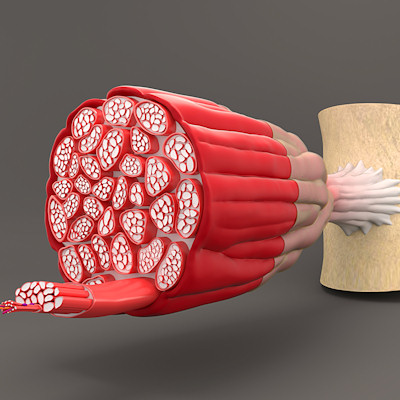 Researchers modify lentivirus to enable targeted delivery of muscle disease gene therapy
Researchers modify lentivirus to enable targeted delivery of muscle disease gene therapy
Researchers have created a lentiviral gene therapy vector capable of targeting muscle cells to treat the rare disease Duchenne muscular dystrophy (DMD) in mice. Read More
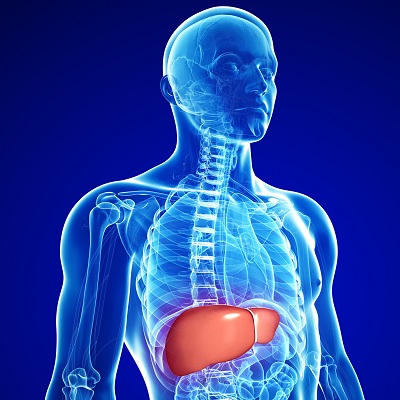 Reanalysis of old data reveals overlooked liver gene therapy vector with better properties
Reanalysis of old data reveals overlooked liver gene therapy vector with better properties
Rational design and directed evolution have created an adeno-associated virus (AAV) capsid that is better at targeting the liver, setting the stage for its use as a gene therapy vector. Read More
 Engineered stem cells clear barrier to potential one-time treatment of ALS
Engineered stem cells clear barrier to potential one-time treatment of ALS
Researchers have used human induced pluripotent stem cells (iPSCs) to overcome a barrier to the supply of a potential treatment for amyotrophic lateral sclerosis (ALS) and retinitis pigmentosa. Read More
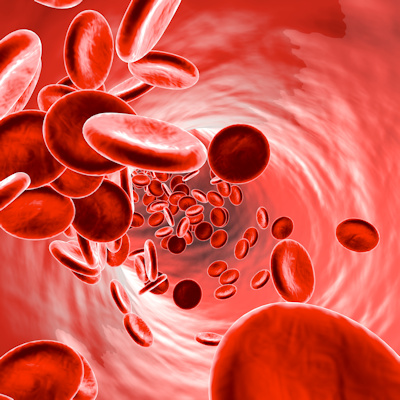 FDA approves cell therapy treatment for transplantation in blood cancer patients
FDA approves cell therapy treatment for transplantation in blood cancer patients
The U.S. Food and Drug Administration (FDA) on Monday approved the product Omisirge, a cell therapy treatment, for transplantation in blood cancer patients. The phase III trial results, published October 21, 2021, in the journal Blood, found the efficacy of Omisirge transplantation superior to standard umbilical cord blood transplantation. Read More
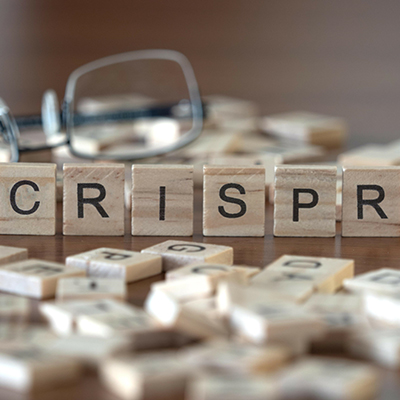 Dialing down activity of Cas enzyme improves safety of CRISPR gene editing in mice
Dialing down activity of Cas enzyme improves safety of CRISPR gene editing in mice
Scientists have modified the synthetic guide RNA (gRNA) that enables CRISPR-Cas gene editing to make the process safer for use in humans. Read More
 Insights into how viruses assemble in cells unlock opportunities to improve gene therapy
Insights into how viruses assemble in cells unlock opportunities to improve gene therapy
Researchers have revealed how viral nucleic acids are packaged into particles in cells, generating insights that could improve the delivery of gene therapies and treatment of infectious diseases. Read More
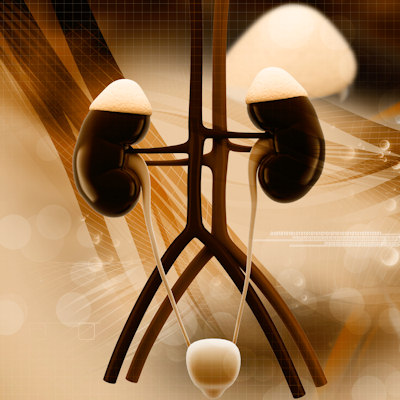 Research reveals possible gene therapies for polycystic kidney disease
Research reveals possible gene therapies for polycystic kidney disease
Researchers have found that a small piece of a specific protein might be key to preventing autosomal dominant polycystic kidney disease. Their study, published March 30 in Nature Communications, could lead to new gene therapies for treating the disease, the researcher said. Read More
 Riboswitches enable small molecules to regulate activity of anemia gene therapy in mice
Riboswitches enable small molecules to regulate activity of anemia gene therapy in mice
Astellas Pharma has helped develop a system for using small molecules to regulate gene expression that could improve the safety of gene therapies. Read More
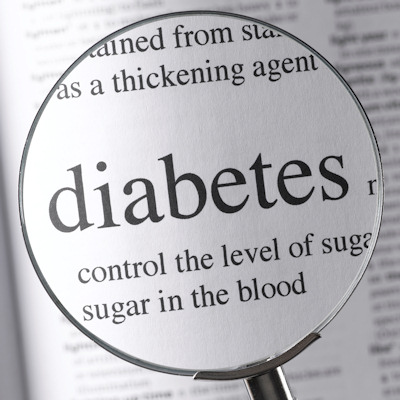 A*STAR partners with startup to create diabetes cell therapies tailored to Asian patients
A*STAR partners with startup to create diabetes cell therapies tailored to Asian patients
BetaLife has acquired the rights to human induced pluripotent stem cell (iPSC) technology from Singapore’s Agency for Science, Technology, and Research (A*STAR) for use in the treatment of diabetes. Read More
 Stem cell-loaded plug improves outcomes in hard-to-treat Crohn’s disease patients
Stem cell-loaded plug improves outcomes in hard-to-treat Crohn’s disease patients
Most Crohn’s disease patients experienced complete clinical healing of perianal fistulas after treatment with a stem cell-loaded plug, according to data published in the journal Diseases of the Colon & Rectum. Read More
Conferences
Science Briefs
Member Rewards
Earn points for contributing to market research. Redeem your points for merchandise, travel, or even to help your favorite charity.
Research Topics
Interact with an engaged, global community of your peers who come together to discuss their work and opportunities.
Connect
Tweets by @ScienceBoard






